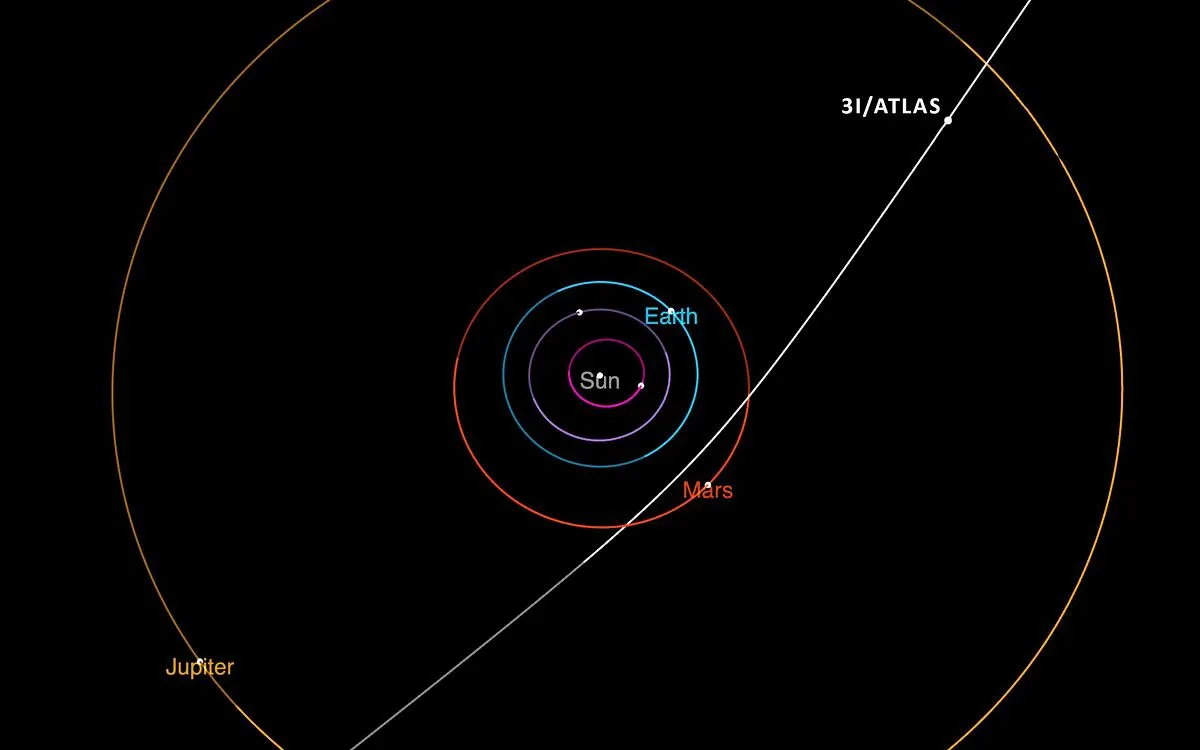
As a scientist, I've developed a reliable method for measuring the public's interest in the latest research regarding the interstellar object 3I/ATLAS. When my carpenter and my wife's car mechanic start asking about updates on my related scientific papers without my prompting, it's a clear sign that 3I/ATLAS has captured public attention. Engaging the public in scientific discourse is no small feat, especially given the growing divide between academia and everyday life.
In recent decades, a notable distance has emerged between academia and the public. Scientific advancements are typically disseminated through press conferences, where scientists communicate their findings to reporters, often resembling teachers lecturing students. Although questions are encouraged, the lack of open debate stifles genuine discourse. This echo chamber effect influences how research funding is allocated, often leading to paths that are disconnected from public inquiry and skepticism.
Science is inherently a work in progress, driven by curiosity and humility. Even the most confident scientists can be mistaken in their hypotheses. For instance, billions of dollars have been invested in the search for weakly-interacting massive particles as a solution to dark matter, yet the anticipated discoveries remain elusive. This situation reflects a broader issue within the scientific community, where skepticism towards alternative explanations—such as the possibility that interstellar objects like 3I/ATLAS could have technological origins—can lead to ridicule.
Recently, Oxford astronomer Chris Lintott expressed his dismissal of the notion that 3I/ATLAS could be artificial, labeling such suggestions as “nonsense on stilts.” This sentiment raises important questions about the validity of considering every hypothesis when confronted with anomalies. If mainstream astronomers have historically been wrong about dark matter, should they not be more open to alternative theories regarding 3I/ATLAS? Following Lintott's feedback, I co-authored a paper titled “Is the Interstellar Object 3I/ATLAS Alien Technology?” This paper emphasizes that while the most likely explanation is that 3I/ATLAS is a natural interstellar object, exploring various hypotheses is essential for scientific progress.
This paper is currently under peer review, and I anticipate that mainstream reviewers may pressure editors to reject it. My motivation for co-authoring this paper is to encourage data collection that can either support or refute our hypothesis. Historically, if the Vatican had embraced Galileo's findings rather than confining him to house arrest, they could have corrected their course much earlier. Why, then, does academia exhibit such toxicity towards unconventional ideas that excite the public?
The essence of scientific inquiry lies in considering all possibilities until evidence narrows down the interpretations. It is perplexing that the search for anomalous radio signals as potential techno-signatures is deemed acceptable, while the exploration of alien artifacts among interstellar objects is ridiculed. This disparity seems to stem from personal biases rather than substantive reasoning. My concern extends to the younger generation of scientists who may hesitate to innovate due to fear of public ridicule, ultimately stifling innovation in science.
Gatekeeping and ridicule have created a landscape in academia that I did not envision when I embarked on my scientific career 45 years ago. The reluctance of mainstream scientists to invest in the search for extraterrestrial intelligence, often labeled as too risky, ignores public interest. If these reviewers were genuinely humble, they would find that taxpayers prioritize the search for extraterrestrial intelligence.
In conclusion, the premature ridicule of scientific hypotheses before gathering conclusive evidence undermines the very foundation of science. The public's trust in scientists has waned, particularly when mainstream narratives dismiss valid hypotheses, as seen in discussions surrounding the origins of COVID-19. Ultimately, true scientific inquiry begins with questions and is shaped by evidence, a principle that remains paramount for the future of research.